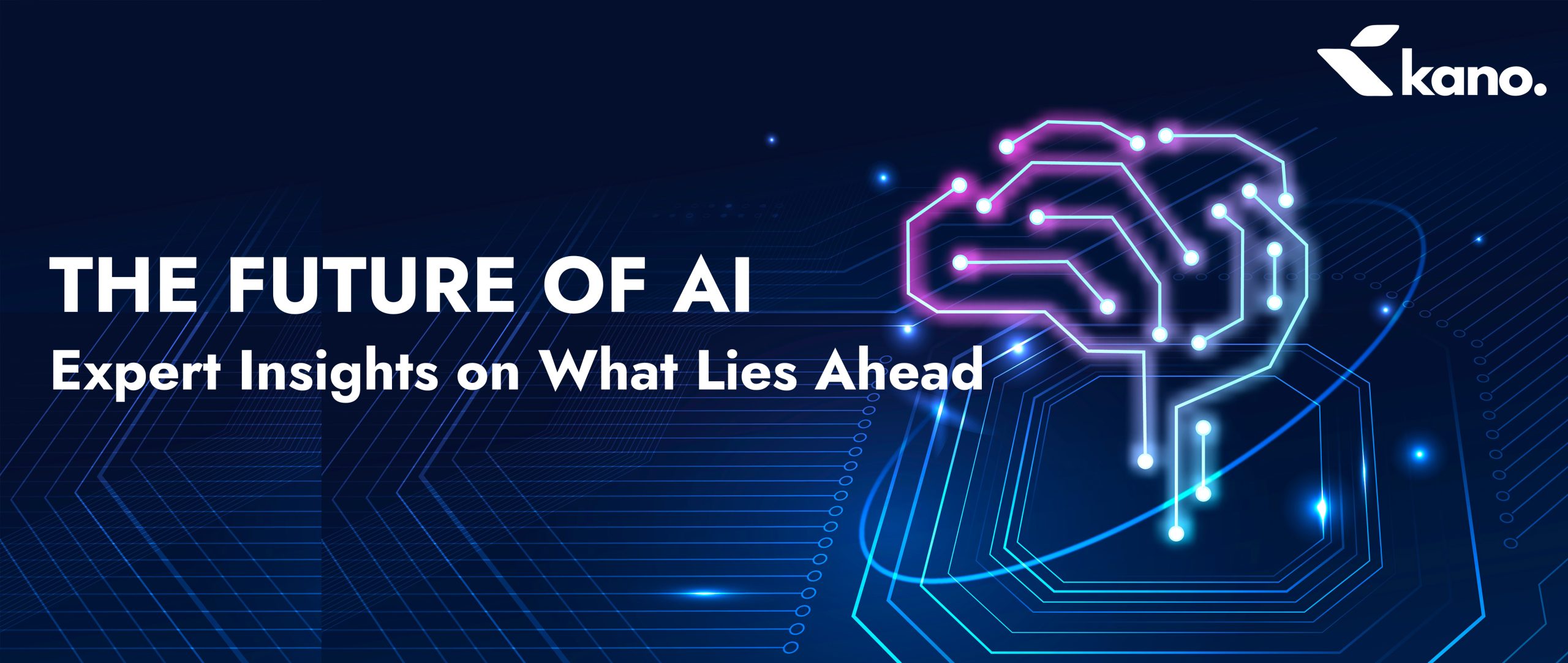Artificial Intelligence (AI) is no longer just a buzzword. It’s already transforming industries, economies, and the way we live our daily lives. As AI continues to advance at an unprecedented rate, experts from various fields have started to paint a picture of what the future holds. From job automation to breakthrough healthcare technologies, the potential of AI is enormous. But with great power comes great responsibility. How will AI shape our world in the coming decades?
In this article, we’ll explore expert predictions on the future of AI, the opportunities it presents, and the challenges that must be addressed.
The Current State of AI
Before diving into future predictions, let’s take a quick look at where AI stands today. We’re already seeing AI being integrated into everyday life in ways that were once thought to be science fiction:
- Chatbots and Virtual Assistants (e.g., Siri, Alexa)
- Recommendation Algorithms (Netflix, YouTube, Amazon)
- Self-Driving Cars (Tesla, Waymo)
- Healthcare Diagnostics (AI-powered medical imaging)
While these technologies are impressive, they represent just the beginning of what AI can achieve. The future of AI promises even more profound changes.
Expert Predictions on the Future of AI
1. AI and the Future of Work
One of the most widely debated topics is AI’s impact on employment. Andrew Ng, co-founder of Google Brain, believes that AI will augment human capabilities rather than replace them entirely. While routine, repetitive tasks are more likely to be automated, AI will create new roles and industries. The key is adaptation—workers will need to develop new skills, especially in areas like creativity, problem-solving, and emotional intelligence, where AI still falls short.
2. AI Revolutionizing Healthcare
AI has the potential to revolutionize the healthcare sector in ways we can’t yet fully imagine. Experts predict that AI will:
- Enable early disease detection through analysis of medical data.
- Optimize personalized treatment plans tailored to individual patients.
- Enhance medical research by analyzing large datasets and finding new connections.
AI algorithms are already helping doctors make more accurate diagnoses, and AI-assisted robots are improving surgical precision. In the future, AI could even predict diseases before they develop, leading to more proactive healthcare.
3. Ethics and Fairness in AI
As AI becomes more powerful, ethical concerns will take center stage. Experts like Kate Crawford, a senior principal researcher at Microsoft, warn that bias in AI systems could perpetuate discrimination. AI systems must be designed to be fair, transparent, and accountable. Issues like data privacy and surveillance are also top concerns. As AI continues to advance, strong ethical frameworks and regulations will be essential to ensure that it benefits society as a whole.
4. AI and the Smart Cities of Tomorrow
AI is set to play a major role in the development of smart cities. By integrating AI with IoT (Internet of Things), urban areas could become more efficient, sustainable, and livable. In smart cities, AI could:
- Optimize traffic flow and reduce congestion.
- Improve energy management to lower consumption and reduce emissions.
- Enhance public services like waste management and water distribution.
AI can make cities not only more efficient but also safer by using predictive analytics to anticipate and prevent potential issues.
5. Artificial General Intelligence (AGI): A Double-Edged Sword
Experts are divided over the timeline for Artificial General Intelligence (AGI)—AI systems that can perform any cognitive task that a human can. Some believe AGI could emerge in the next few decades, while others are more cautious.
While AGI could lead to breakthroughs in science and technology, it also presents existential risks. Elon Musk and Stephen Hawking have warned that we need to be extremely cautious about developing AGI without clear safety protocols. As AI becomes more capable, ensuring its alignment with human values will be one of the biggest challenges.
Key Challenges Facing the Future of AI
While the potential benefits of AI are enormous, there are significant challenges to overcome:
- Data Quality and Access: AI thrives on large datasets, but ensuring that data is accurate, unbiased, and representative is crucial. Poor data quality could lead to flawed AI decisions.
- Job Displacement: Automation through AI will inevitably displace some jobs, especially in sectors like manufacturing and customer service. Governments, companies, and educational institutions will need to focus on reskilling workers for the AI-driven future.
- Ethical and Regulatory Oversight: As AI grows more powerful, it will require stronger regulations to ensure it’s used responsibly. AI governance frameworks will need to address concerns such as privacy, security, and bias.
- AI Safety: As AI systems become more complex, ensuring their safety and alignment with human interests will become increasingly important. This includes tackling issues such as explainability and accountability in AI decision-making.
Conclusion: A Future Driven by AI
The future of AI holds great promise, but it also requires careful planning and ethical consideration. Experts agree that AI will transform industries like healthcare, transportation, and education, making our lives more efficient and connected. However, with these advancements come significant challenges, especially regarding ethics, data privacy, and employment.
For AI to truly benefit humanity, it must be developed responsibly. Governments, businesses, and researchers must work together to create frameworks that ensure AI’s positive impact while minimizing risks. The future is AI-powered, and by embracing it thoughtfully, we can unlock a world of possibilities.


